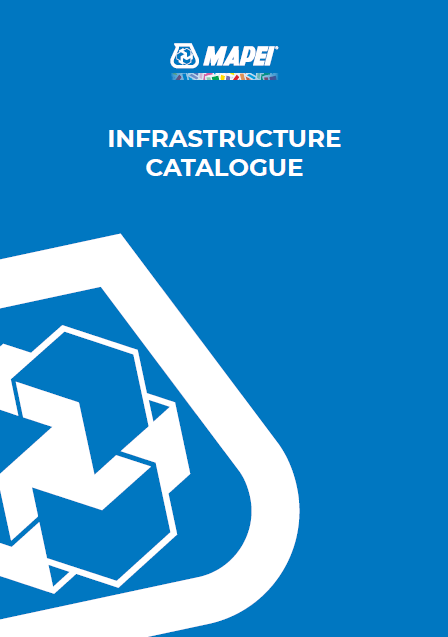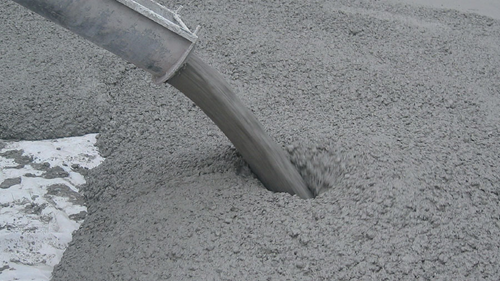Mapei launches an innovation dedicated to concrete manufacturers: a tool to certify the sustainability of concrete mixes used in specific projects.
Global concrete production reached 4.1 billion tonnes in 2023 [1], generating approximately 1.6 billion m3 of CO₂, or 8% of the world's total carbon dioxide emissions [2]. The concrete industry is therefore faced with the challenge of producing high performance concrete while reducing environmental impact and costs. To meet this need, Mapei offers its customers a new advanced service that certifies the environmental impacts of concrete mixes through the publication of EPDs - Environmental Product Declarations, providing a competitive advantage in sustainable projects.
Publication of EPDs: more transparency and sustainability
EPDs document the environmental effects of a product throughout its life cycle. Thanks to the experience of its Corporate Environmental Sustainability Team and a proprietary software for assessing the environmental impact of a product during all its phases (LCA - Life Cycle Assessment), Mapei offers its clients the publication of the results obtained, which are verified and certified by means of EPDs for concrete mixtures for specific projects. This service allows concrete producers to quickly obtain EPDs without having to use external consultants.
Customer benefits: commitment and competitiveness
Mapei is the first company in the world to offer this service, allowing concrete manufacturers to demonstrate their environmental commitment and to participate in projects which comply with international protocols such as LEED and BREEAM.
How can this service be accessed?
Mapei customers can access this service by contacting the specialists in the Concrete Admixtures Line, who will support them in all the stages of developing the mix design, with the aim of reducing its environmental impact. With this service, Mapei confirms its role of reference in accompanying the concrete sector towards a more sustainable future, supporting producers in all their needs and promoting increasingly ecological practices.




































